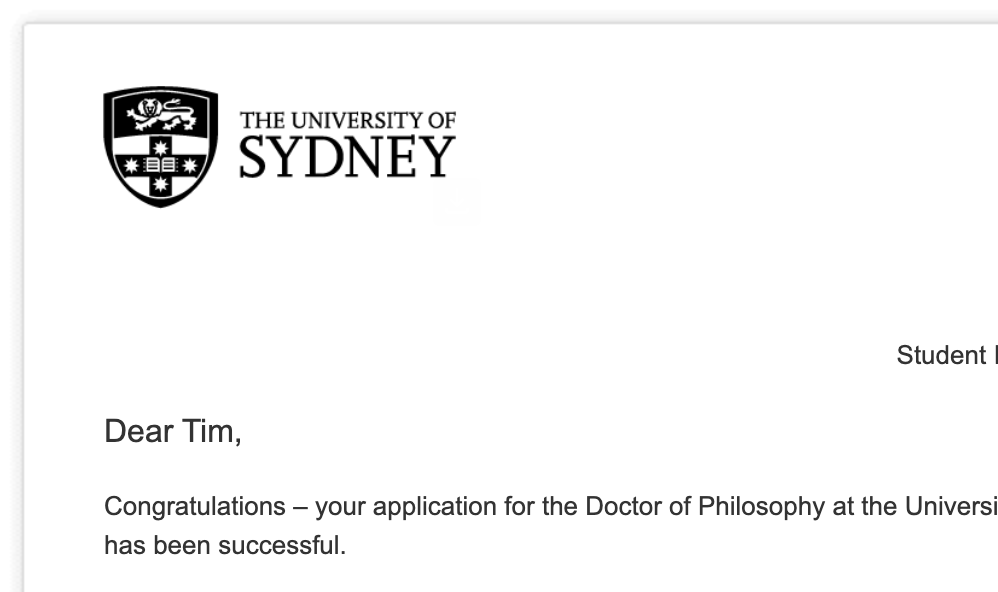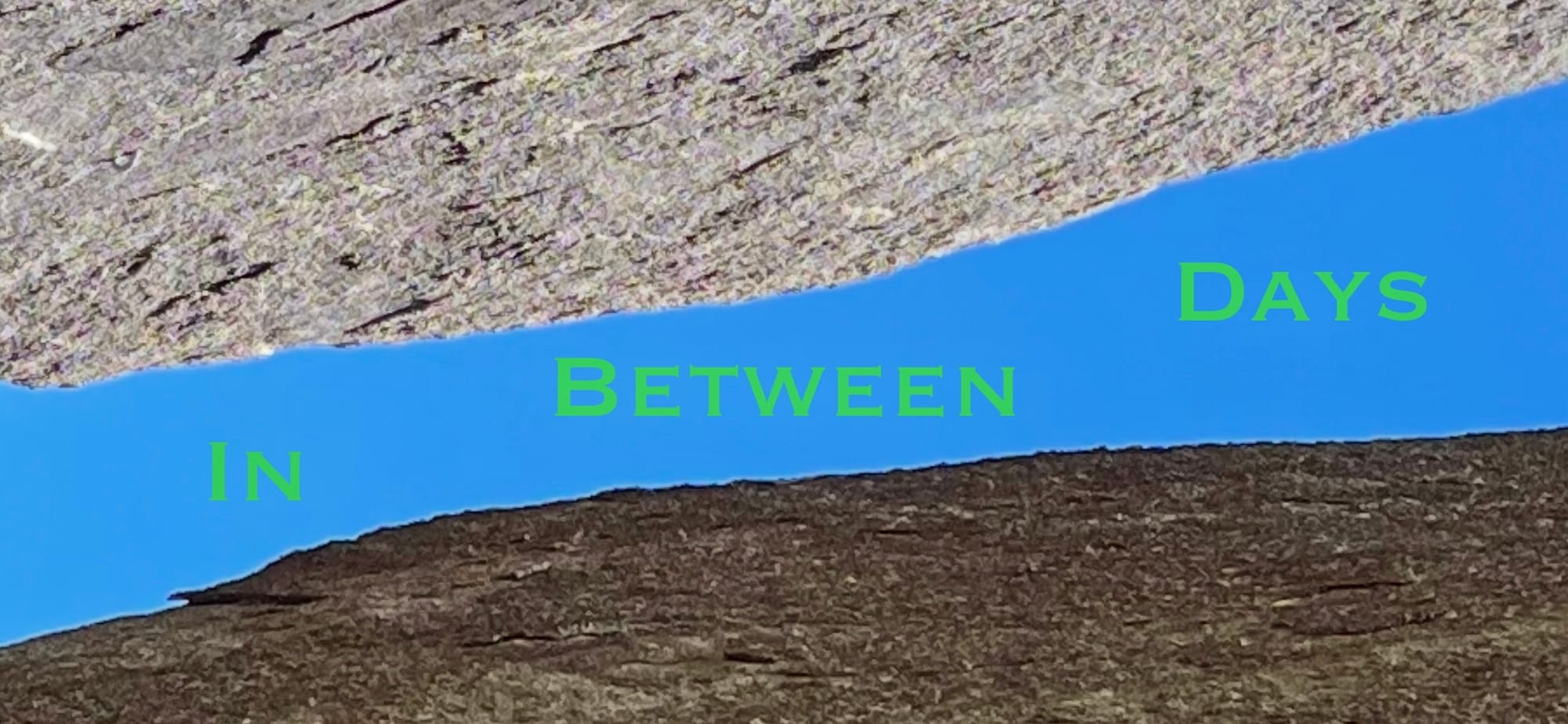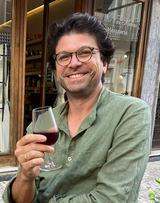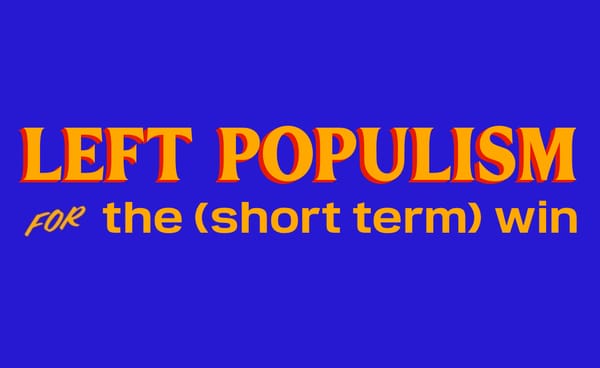A bit of news - I have an admission

I have an admission.
And an admission.
Both kinds.
All this rabbiting on about Hannah Arendt, all this sharpening my thinking and writing skills by blogging regularly... There's an ulterior motive. Of a kind.
I have just formally been accepted as a doctoral student at Sydney Uni, starting next year. It seems like the right time - of life, of the world - to spend a few years really digging deeply into questions about how we are to make change for the better in this confusing and collapsing world of ours.
I'm incredibly excited to be working with the amazing team at the Sydney Environment Institute, with David Schlosberg, Dany Celermajer and Amanda Tattersall as my supervisors!
So, yeah, this blogletter is very much a space for me to try out my ideas, share my readings and my thinking, play with writing, and keep me accountable to myself as I plunge into formal studies for the first time in decades. I hope you're ready for that journey 😄
Here's the main body of my research proposal - as you'll see, it's very much the kind of stuff I've already been writing about here.
Look forward to discussing it with many of you over the years ahead!
Living “between the no longer and the not yet”: practices of political transformation in a climate-changing world
Aims and objectives
This research project arises from the hypothesis that, at this historical moment of flux – a moment which Antonio Gramsci described as the interregnum, when “the old world is dying and the new struggling to be born”,[1] and which Hannah Arendt conceived of as the “chasm between the no longer and the not yet”[2] – certain practices in our communities and in our movements for change can be identified as replicating and enforcing the old world and others as prefiguring and normalising an emergent new.
It contends, further, that most current climate campaigning remains embedded within the “no longer” model of supplicant power, dismissing and devaluing the “not yet” approach that learns from Arendt’s concept of power emerging from “acting in concert”[3]. However, practices do exist, in communities and across the movement, which prefigure the new and seek to transform systems of power through “acting in concert”.
Through broad interviews and deep analysis of case studies in grassroots community and climate movement spaces, the research seeks to contribute to both academic and practical knowledge bases by asking:
· What types of collective embodied practices – of living, decision-making, conflict management, and accountability – enable individuals, communities and movements to let go of the “no longer” and embrace the “not yet”?
· What barriers to their broader adoption and risks of cooption exist?
· What potential pathways might be explored to support people, communities and movements to become who we need to be in order to meet this moment?
Synopsis
An oft-spoken assumption in climate movement spaces for many years has been that a moment will arrive when the majority will recognise the reality, scale and urgency of the crisis and begin to act with concomitant urgency. Similar assumptions exist in spaces defending democracy. However, the opposite phenomenon is arising: faced with rolling crises, people are clinging ever more tightly to the status quo ante.
What is becoming clear is that it is difficult to imagine the new world until we are ready to acknowledge the death of the old, and it is difficult to acknowledge the death of the old until we are ready to imagine the birth of the new, and it is difficult to do either while we are busy, stressed, exhausted, and traumatised by rolling crises.
Much of the response to this phenomenon centres around imagination, argument and the search for more convincing narratives or debating points. However, this ignores the evidence that action, experience, relationships, and practice are far more effective pathways for shifting worldviews, enabling people to let go of the old and embrace the new.
In this context, the dominant, hierarchical model of climate campaigning, which I identify as “supplicant”, is destined to continue to fail and is holding back transformation, while the approach I identify as “emergent” shows promise for transformation, using prefigurative and normative practices of care and connection to cultivate conditions for a new world to emerge from the ashes of the old.
The supplicant model is failing because: the political and economic systems it relies on, and acts as a supplicant to, are failing; it is based on the belief that behaviour follows ideas, that debate changes minds; while focussed on persuasion over practice, it continues to enforce norms and practices of the old world (adversarial, extractive, hierarchical, binary, exclusionary) that created the crisis; it assumes that transformative change is impossible. In these ways, it is increasingly uninspiring and disempowering.
By contrast, the emergent model has the capacity to succeed because: it creates spaces for new practices of governance and provisioning; it recognises that relationships and action lead ideas; it normalises care, complexity, connection and inclusion; and it opens us to the possibilities of transformation through embodied practice. Understanding power as derived from people coming together to “act in concert”, it invites people in through practices of looking after each other, meeting our needs together, in ways which are inspiring and empowering.
As our social, political, economic and ecological worlds lurch from crisis to crisis, and as existing institutions of power “petrify and decay… as the living power of the people ceases to uphold them”,[4] an emergent approach helps communities to live well together in the world as it emerges as well as to influence what it might become.
After an in-depth literature review, the research project will begin with interviews across climate movement spaces to get a sense of attitudes to and understandings of supplicant and emergent approaches and the practices that each involve. It will then extend into in-depth analyses of three case studies where emergent practices are particularly strong and intentional, while nevertheless in interplay with the hegemonic supplicant model. The case studies, to be determined, will traverse activism (potentially Rising Tide), place-making (Canberra commoning spaces) and disaster recovery.
Based on the research and personal experience underpinning my book, an expected typology includes practices of: decision-making and power-sharing; accountability and trust; and commoning, self-provisioning and mutual aid. Expected barriers include: hegemonic common-sense; the philanthropic industrial complex; the attraction of existing power structures; scepticism of scalability; and lack of relevant skills.
Background
This research project builds on ideas developed in my book, Living Democracy: an ecological manifesto for the end of the world as we know it, published by UNSW Press 2022. The book drew on a wide theoretical base, as well as my experiences in activism, advocacy, politics and community building over 25 years. While I have been working outside the academy since I was awarded my Master of Environmental Law in 2006 (USyd), I have been a Visiting Fellow at RegNet at the Australian National University (2020-22), and have spent the last ten years in a quasi-academic position as Executive Director of the Green Institute think tank.
As with my book, I begin this research informed by a diverse array of theoretical approaches. Its core is the work of Hannah Arendt, specifically her formulation of power as “acting in concert”, her conceptualisations of freedom and action, and her articulation of the duty to face the world as it exists, between past and future. It also draws on Antonio Gramsci’s concepts of hegemony and the interregnum, as well as the decentralising and horizontalising approaches of Murray Bookchin’s municipal confederalism and Elinor Ostrom’s polycentric commons governance.
More recent theoretical influences include: feminist and decolonial thinking from J.K. Gibson-Graham, Ariel Salleh, Vanessa Machado de Oliveira, Bayo Akomolafe, Robin Wall Kimmerer, and adrienne marie brown; democratic concepts around deliberative reasoning (Dryzek et al), values and priming (Common Cause), and behaviour-led persuasion (Stein Lubrano); literature on nonviolence from Judith Butler, Erica Chenoweth, and Mark and Paul Englers; and the movement theory of the Englers, the studies of the environment movement by David Schlosberg, and John Paul Lederach’s theory of critical yeast. All these, in various ways, lead me to research questions focussed on embodied practice as an emergent path towards transformation.
Importantly, my personal participation for 25 years in the movements and communities I seek to study equips me with deep, positive relationships and a position of trust from which to analyse their practices.
Expected research contribution
As the climate crisis begins to make itself felt, intertwined with the crisis of democracy and governance, the current failure of the climate movement is becoming a topic of wide discussion in and beyond the movement. It is a crucial question of survival which must be grappled with both in the academy and in the movement.
Current research tends to focus on either improved tactics within the existing system or a Marxist analysis. While the new autocratic moment has seen increased reference to Arendt’s Origins of Totalitarianism, I am not aware of the application of her theorising of power and action to movements for change broadly, or specifically regarding climate.
I believe there are valuable links to be drawn between this theoretical approach and the study of embodied practices, participatory practice, “sustainable materialism”, and the interplay between justice, resilience and governance being led by Professors Schlosberg and Celermajer at the Sydney Environment Institute. The Institute’s focus on close collaboration between the academy and practitioners also aligns closely with my intended methodological approach.
[1] Gramsci, Antonio, Selections from the prison notebooks, New York: International Publishers, 1971.
[2] Arendt, Hannah, Reflections of Literature and Culture, ed. Susannah Young-ah Gottlieb, Stanford: Stanford University Press, 2007, p125.
[3] Arendt, Hannah, ‘Reflections on violence’, Journal of International Affairs, Vol 23, No 1, Political Conflict: Perspectives on Revolution, 1969, p 21.
[4] Arendt, Hannah, ‘Reflections on violence’, Journal of International Affairs, Vol 23, No 1, Political Conflict: Perspectives on Revolution, 1969, p 15.





